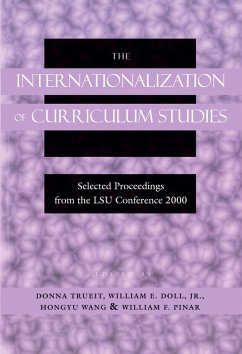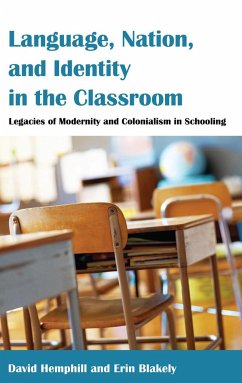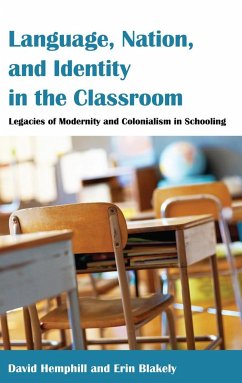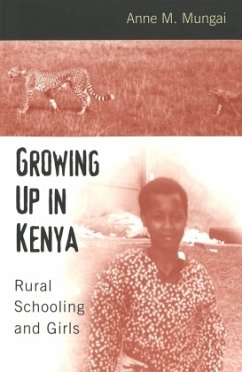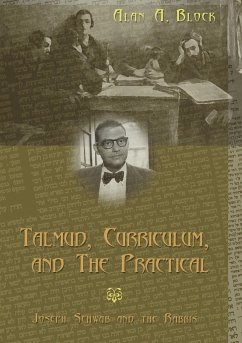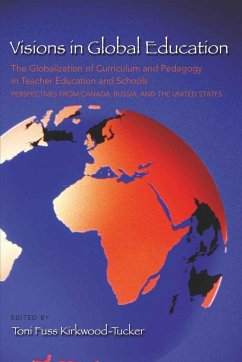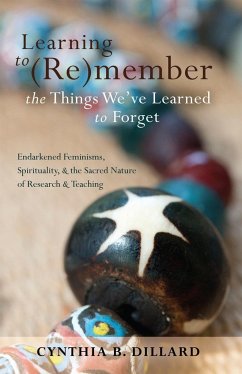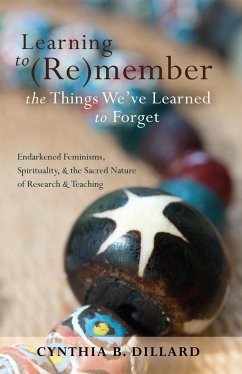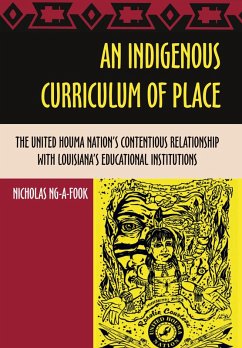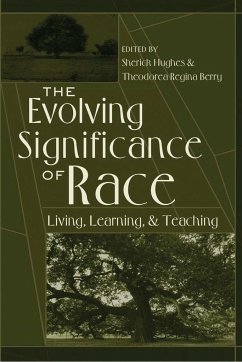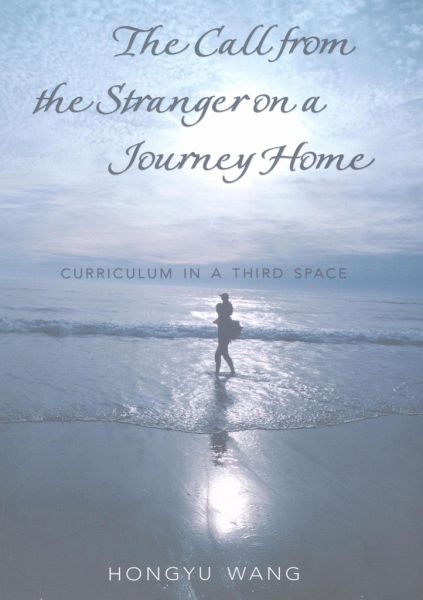
The Call from the Stranger on a Journey Home
Curriculum in a Third Space
Versandkostenfrei!
Versandfertig in 6-10 Tagen
36,55 €
inkl. MwSt.

PAYBACK Punkte
0 °P sammeln!
This book is a cross-cultural, gendered study of both self and curriculum. Initiating a conversation between and among Michel Foucault, Confucius, and Julia Kristeva, it searches for a new (third) cultural and psychic space of transformation and creativity. Weaving together philosophy, psychoanalysis, and autobiography through lived experiences of curriculum, it calls for new configurations of subjectivity at the intersection of culture and gender, through the meeting between selfhood and the human psyche, in the dynamics of the semiotic and the symbolic, and through the interaction between th...
This book is a cross-cultural, gendered study of both self and curriculum. Initiating a conversation between and among Michel Foucault, Confucius, and Julia Kristeva, it searches for a new (third) cultural and psychic space of transformation and creativity. Weaving together philosophy, psychoanalysis, and autobiography through lived experiences of curriculum, it calls for new configurations of subjectivity at the intersection of culture and gender, through the meeting between selfhood and the human psyche, in the dynamics of the semiotic and the symbolic, and through the interaction between the Western subject and the Chinese self. These multiple layers of inquiry provide unique perspectives for readers who are interested in curriculum theory, feminist analysis, philosophy of education, or East/West dialogue.





